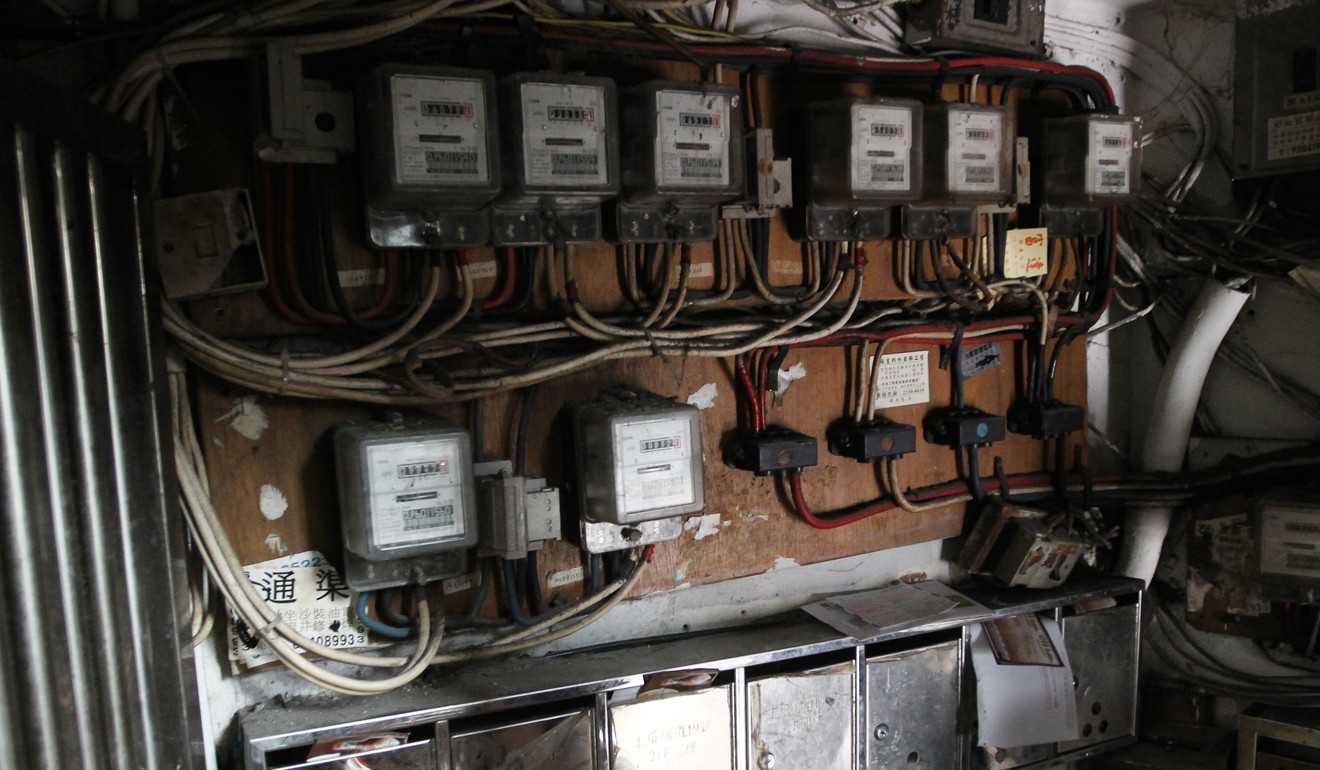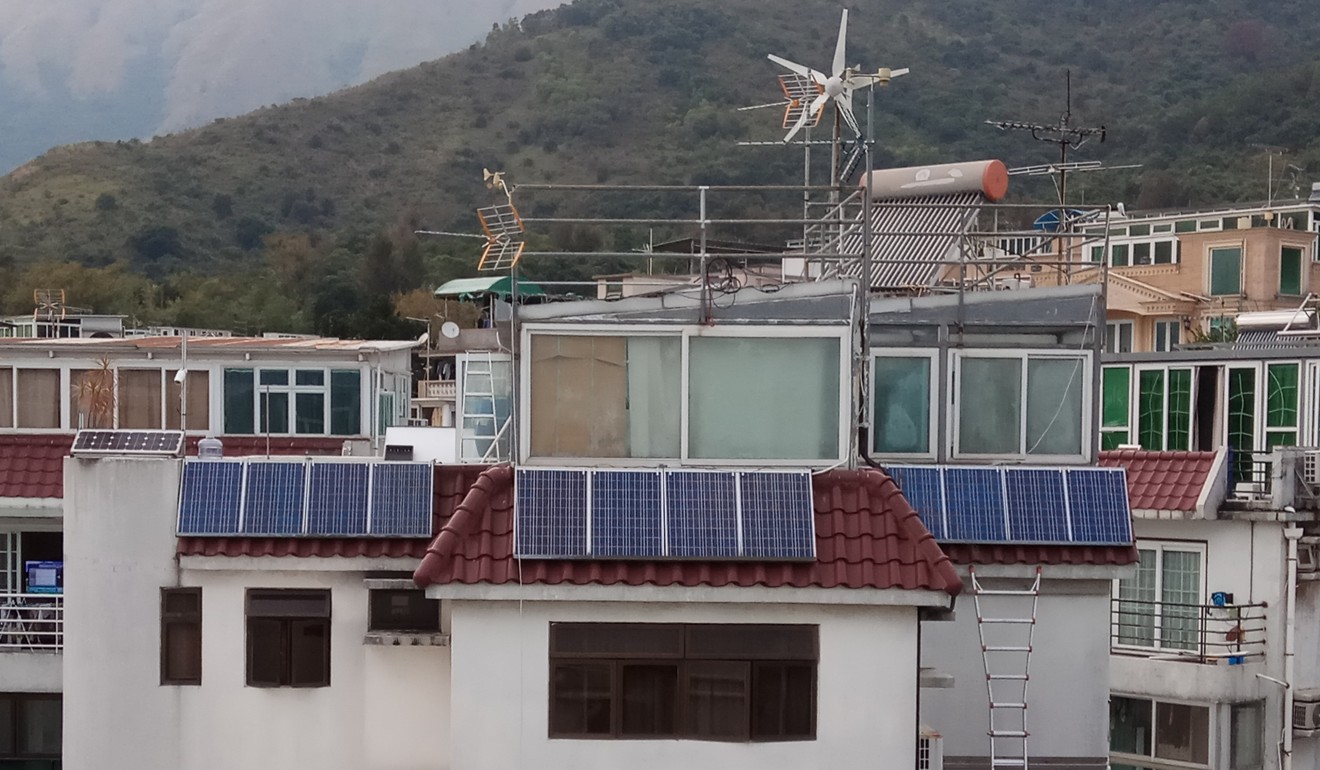
It’s easier to buy our silence on electricity
The government has promised HK$8.7 billion to subsidise electricity, effectively to allow the power companies to cut the use of coal as the main energy source and raise the use of natural gas. But why not expand nuclear energy?
The “scheme of control” has always been controversial because it guarantees the duopoly and profitability of CLP Power and HK Electric. But for affordable and reliable electricity, the scheme mostly works. We may whine and moan, but our bills are cheaper than most developed cities around the world.
Spend public money on clean energy projects, opposition lawmakers say
Critics say it’s effectively a subsidy for the companies. That’s true, but it’s not the full story. Somehow, we have decided we need to change the fuel mix.

This means drastically cutting down the use of coal as the main power source while raising natural gas to between 50 and 70 per cent in the next few years.
Gas is much more expensive while the two power suppliers are eager to replace coal-fired power generators with new gas-fired ones, and build a new offshore liquefied natural gas terminal.
CLP’s mystery plan for clean energy upgrade sparks concern
I say eager because the new scheme of control, which runs to 2033, allows for a reduced 8 per cent profit based on the total value of its average net fixed assets.
In other words, the more asset investment, the more they can charge. Under popular pressure, the government has been reducing their permitted returns from the previous 9.99 per cent up to this year; and 13.5-15 per cent before 2008.

They have to make money somehow. But why this new fuel mix? Hong Kong is a very minor carbon emitter in global terms. The power sector, while a big emitter, is behind marine and road transports, which contribute far greater to the bad air we breathe.
Well, we all have been convinced we need to do our part for the planet, and reduce pollution. Why not expand nuclear energy, which accounts for about 23 per cent in the fuel mix?
Building rules dampening rural Hong Kong’s enthusiasm for solar energy
But so many Hong Kong people distrust the mainland and nuclear power. Natural gas is the least controversial; hence the new HK$8.7 billion subsidy.
But we should face the full consequences of our fuel commitment. Maybe then we would become more energy-efficient. But the government wants to avoid another contentious societal debate; it’s easier to buy our silence.

